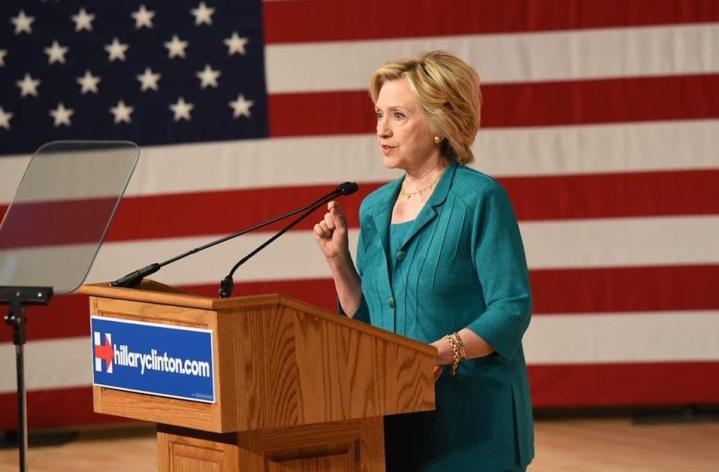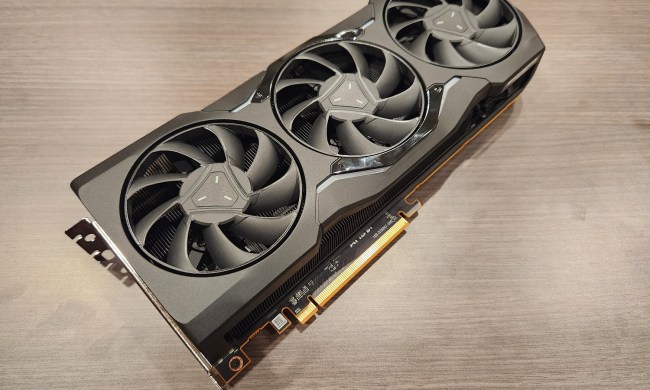
“Over the last 48-72 hours, reports have come in from experts, cyberexperts, who are reporting to us some very troubling news about the possibility of security breaches in voting results across this country,” Stein campaign manager David Cobb said in a video posted Wednesday to Facebook. The Green party will launch recount efforts in the next few days; filing dates for recounts are immediate — as soon as Friday, he said.
Stein and the Green Party have raised more than $3.4 million dollars as of early Thursday morning, per the group’s fundraising site.
The researchers, including prominent names like voting-rights attorney John Bonifaz and director of the University of Michigan’s Center for Computer Security and Society J. Alex Halderman, described two possible scenarios. In one, electronic voting machines are simply off — “systematically wrong,” Halderman said. Researchers noted significantly fewer votes for Hillary Clinton from electronic machines than in nearby counties with paper ballots.
Beyond that lies the potential for hackers to have targeted the machines, a potential given concerns throughout the election cycle that Russians were involved in various efforts to hack servers and influence voters.
“Could anyone be brazen enough to try such an attack?” he asked in a Medium post on Wednesday. “A few years ago, I might have said that sounds like science fiction, but 2016 has seen unprecedented cyberattacks aimed at interfering with the election.”
Clinton is already ahead in the election by over 2 million popular votes — but the U.S. election is decided by the Electoral College, not by the popular vote.
This is by no means the first time that concerns over hacking have emerged this election cycle. Before November 8, Trump himself constantly remarked on the “rigged” system, and in the weeks leading up to Election Day, reports surfaced that the voter registration systems of more than 20 states may have been hacked. However, to suggest that the results of the election may indeed have been affected by such activity is a novel development.
As New York Magazine reported, researchers informed Clinton campaign chairman John Podesta and campaign general counsel Marc Elias of potential discrepancies last Thursday, noting that “in Wisconsin, Clinton received 7 percent fewer votes in counties that relied on electronic-voting machines compared with counties that used optical scanners and paper ballots. Based on this statistical analysis, Clinton may have been denied as many as 30,000 votes; she lost Wisconsin by 27,000.”
No one has yet found definitive evidence of either hacking or manipulation. Rather, much of the suspicion arises from questionable patterns that experts argue require a third-party review. But would it actually be enough to overturn the results? Presently, Trump has 290 Electoral College votes, whereas Clinton has 232. Michigan and its 16 votes have yet to be awarded because the race remains too close to call. If the results in both Wisconsin and Pennsylvania were reversed (for a total of 30 votes), and Clinton were to win Michigan, then she would have the necessary 270 votes.
“I’m interested in verifying the vote,” Dr. Barbara Simons, an adviser to the U.S. election assistance commission and expert on electronic voting, told the Guardian. “We need to have post-election ballot audits.”
Currently, no state is actually planning to cross check electronic results against paper records, Halderman said.
“Examining the physical evidence in these states — even if it finds nothing amiss — will help allay doubt and give voters justified confidence that the results are accurate.”
Updated 11/24/2016 by Jeremy Kaplan: Added news of recount plans by Green Party presidential candidate Jill Stein.


